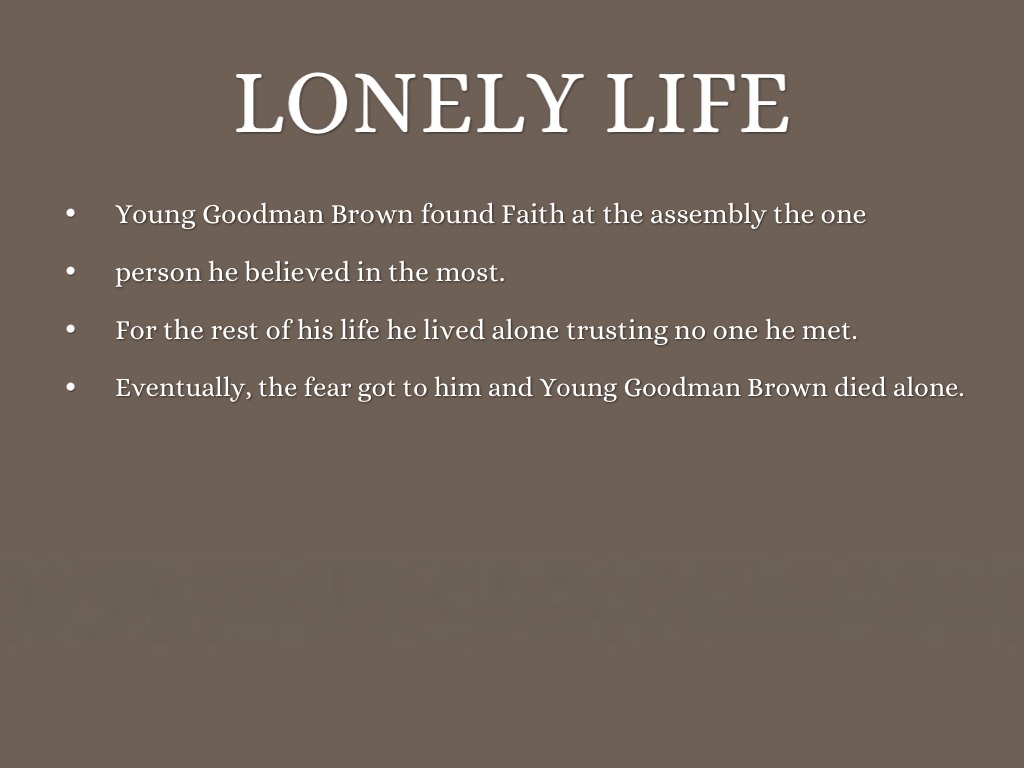In the world of social media and online interactions, the term "dry begging" has emerged as a controversial concept that elicits a range of reactions. It refers to the act of subtly hinting at needing help or financial assistance without directly asking for it. This behavior has become increasingly common in various online communities, where individuals may share their struggles or financial woes in a way that seeks sympathy or support without a clear request for aid. The nuanced nature of dry begging often blurs the lines between genuine sharing and a veiled plea for help.
As social media platforms continue to evolve, so do the ways people express their needs and desires. The phenomenon of dry begging raises important questions about the ethics of asking for help in a digital age. Is it acceptable to share one's struggles in a public forum, or does it cross a line into manipulation? Additionally, the impact of dry begging on relationships and communities can be profound, as it may create feelings of obligation or guilt among friends and followers. Understanding the motivations behind dry begging is essential to navigating this complex social landscape.
Ultimately, dry begging reflects a broader cultural shift towards vulnerability and openness in communication. For many, sharing personal challenges can foster a sense of community and support. However, it is crucial to strike a balance between vulnerability and the potential for exploitation of others' goodwill. This article aims to delve deeper into the phenomenon of dry begging, exploring its implications, motivations, and the fine line between sharing and soliciting help.
What is the Definition of Dry Begging?
At its core, dry begging can be defined as an indirect way of expressing a need for help or assistance without explicitly asking for it. This might manifest in various forms, such as:
- Sharing personal financial struggles in a social media post.
- Subtly hinting at needing assistance in a conversation.
- Posting about hardships that evoke sympathy without a direct request for help.
What Motivates People to Engage in Dry Begging?
Several factors contribute to why individuals might resort to dry begging. Understanding these motivations can provide insight into the behavior:
- Desire for Support: Many people seek emotional or financial support from their social circles but may feel uncomfortable making a direct request.
- Cultural Norms: In some communities, openly asking for help is frowned upon, leading individuals to adopt more subtle approaches.
- Fear of Rejection: The fear of being turned down can deter individuals from making explicit requests, prompting them to hint instead.
How Does Dry Begging Affect Relationships?
The impact of dry begging on relationships can be significant. Here are some potential consequences:
- Guilt and Obligation: Friends and followers may feel pressured to offer help, leading to feelings of guilt if they cannot assist.
- Trust Issues: If someone perceives dry begging as manipulative, it can erode trust within relationships.
- Social Dynamics: Dry begging can alter the dynamics of friendships, creating tensions or misunderstandings.
What Are the Ethical Implications of Dry Begging?
The ethical considerations surrounding dry begging are complex and multifaceted. Key points to consider include:
- Authenticity: Is the person's struggle genuine, or are they using emotional appeals for ulterior motives?
- Responsibility: What responsibility do individuals have to be transparent about their intentions when sharing personal struggles?
- Community Impact: How does dry begging affect the overall health of online communities and the willingness of members to support each other?
Can Dry Begging Foster a Sense of Community?
While dry begging can have negative consequences, it can also foster a sense of community. Here’s how:
- Shared Experiences: By discussing challenges, individuals may find common ground and build connections.
- Encouragement: Vulnerability can encourage others to share their struggles, creating a supportive environment.
- Resource Sharing: Community members may rally to provide assistance or resources when they recognize a need.
What Are Some Alternatives to Dry Begging?
For those who feel the urge to engage in dry begging, there are healthier alternatives to consider:
- Direct Communication: Be upfront about your needs and ask for help directly.
- Seeking Support Groups: Engage with support groups or communities that specialize in providing assistance.
- Offering Help to Others: Shift the focus from your struggles to helping others, which can foster positive connections.
Conclusion: Navigating the Fine Line of Dry Begging
In conclusion, dry begging is a complex phenomenon that reflects the evolving nature of communication in the digital age. While it can serve as a means of seeking support and building community, it also raises important ethical questions and can impact relationships in significant ways. By understanding the motivations behind dry begging and exploring healthier alternatives, individuals can navigate this landscape with greater awareness and intention.
Ultimately, fostering open and honest communication about needs and struggles can lead to more authentic connections and a stronger sense of community, allowing individuals to support one another without falling into the pitfalls of dry begging.
Sabrina Carpenter: A Deep Dive Into Her Height And Weight
Bri Alexia: The Rising Star Of Social Media
Exploring The World Of Uncensored Videos: A Deep Dive


